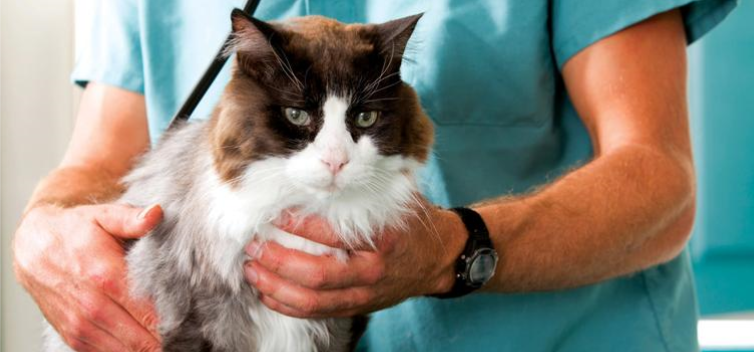Client Name: Dr. med. vet. J. Becker
Gingivitis (chronic inflammation of the oral mucous membrane) is one of the most common and serious diseases of the mouth to occur in cats. Around 35% of all cats are affected, with about 15-25% enduring the most extreme form. Younger cats relatively often suffer from this condition.
Typical features are: very bad breath, bright red gums, saliva bloody at times and affected animals find eating extremely painful.
This disease is described by conventional medicine as an “immunological process”. The usual conventional medical treatment involves interferon injected into the mucous membrane and cortisone administration and consequently usually treatment under general anaesthetic at 8 week intervals. Any positive effect does not generally last.
The cause of this disease is infection with various viruses (FeLV, spumaviruses, etc.) and this is associated with an impaired immune system.
Good chance of success with bioresonance
The procedure with the BICOM® device normally consists of the following steps:
– strengthen the immune system, e.g. with the “increasing powers of resistance“ program since this disorder is usually associated with a deficiency in the stomach meridian, this must also be treated
– stimulation of the stomach/intestine and kidneys eliminating organs with the relevant eliminating programs
– antiviral therapy (the viruses tested with the BICOM® device are eliminated)
– the “therapy with patient’s own blood“ program is essential for the success of this treatment
– as well as releasing any energy blocks present, I have frequently tested temporomandibular joint blocks
This treatment is successful, though it takes time. In my experience, 8 – 10 sessions are needed at weekly intervals. I have treated about 40 animals using the above strategy, all successfully. With 4 or 5 of the cats treated, follow-up treatment is needed every three months.



